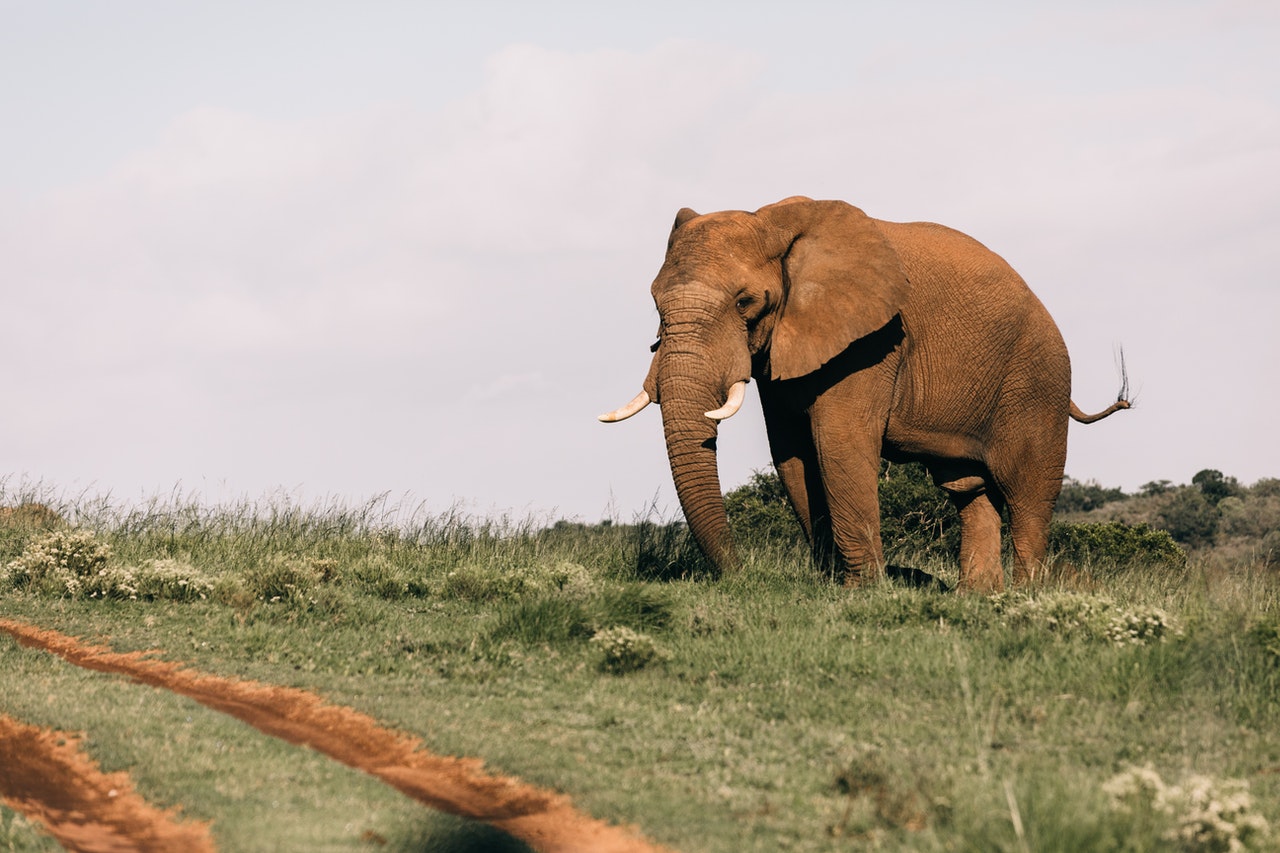Show Your Support by Visiting an Elephant Nature Park

Show Your Support and Visit an Elephant Nature Park
With the pace of Covid vaccinations ramping up around the world, many people are planning their first holidays as soon as international travel resumes. The prime destination for a lot of these travellers is Thailand, with its beautiful beaches, exotic and spicy cuisine, and tropical wildlife.
The wildlife species that serves as the national symbol of Thailand is the elephant. And by planning a visit to an elephant nature park as one of the activities to look forward to on your holiday, you’ll be showing your support for the conservation and preservation of elephants in Thailand.
What is an Elephant Nature Park?
Many of the domesticated elephants in Thailand worked in the logging industry up until 1989 when the government banned all commercial logging. Elephants can live as long as people, which means that many of the elephants working in logging are still in their prime today.
Most of the elephants who had worked in logging were put to work in resort areas around the country. They were fitted with a ‘howdah’ or saddle with a seat that could take two or three tourists, and they’d be forced to take them on treks in the hot sun.
They would work all day long from sunup to sundown. Over time, the howdahs would cause back problems, and the weight of the tourists would cause problems in the knees and hips of the elephants.
Eco-tourism Helps End the Cruelty
As tourists worldwide started to embrace the trend toward eco-tourism, the plight of Thailand’s elephants started to be known, thanks to the word being spread by social media. Today, fewer and fewer of these tourist trekking camps are found in Thailand as responsible tourists have realised the cruelty they inflict on elephants.
But the problem of feeding and housing these domesticated elephants remained. There were too many of them to just turn loose in forests that had their own elephant populations without causing significant damage to the jungle vegetation by these massive hungry herbivores.
Some of these elephants also will need medical attention for the rest of their lives.
Luckily elephant-loving landowners, veterinarians, donors and organisers came up with the idea of dedicating large tracts of land as havens that domesticated elephants could retire to and live out their lives in peace.
Tourists would be offered the chance to interact, feed, bathe and play with the elephants, and through the fees charged, the park could pay for the care and medical attention needed by the elephants. And the concept worked.
Today there are elephant parks all over Thailand offering a chance for tourists to touch and interact with elephants. They’ve been instrumental in raising the world’s consciousness about saving the world’s wildlife.
Elephant Jungle Safari is an organisation that runs four nature parks in Chiang Mai, Phuket, Pattaya and Samui. They also manage the Care Project Foundation performing deeds to benefit the elephants and conducting educational outreach programmes to raise awareness about elephants.
On your next holiday to Thailand, visit Elephant Jungle Safari and support the people providing a better life for Thailand’s elephants.

